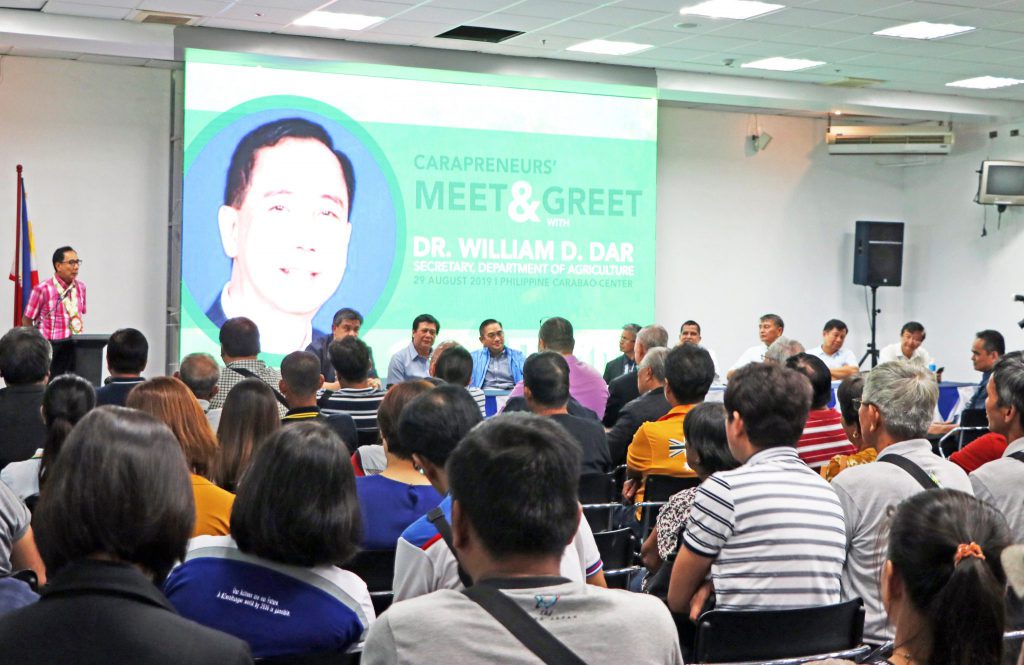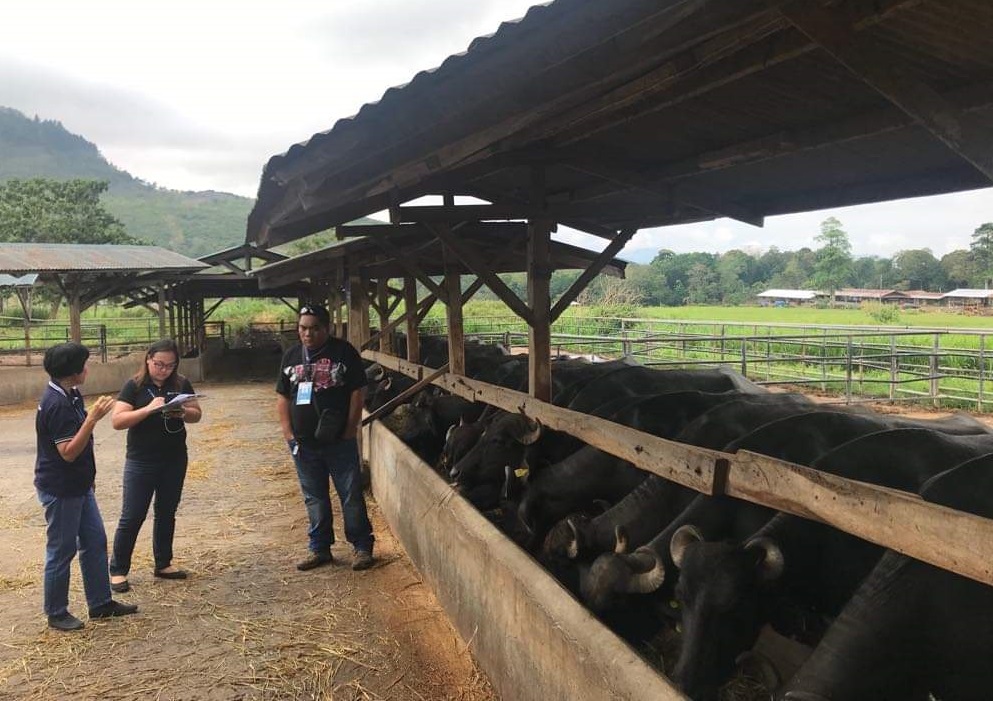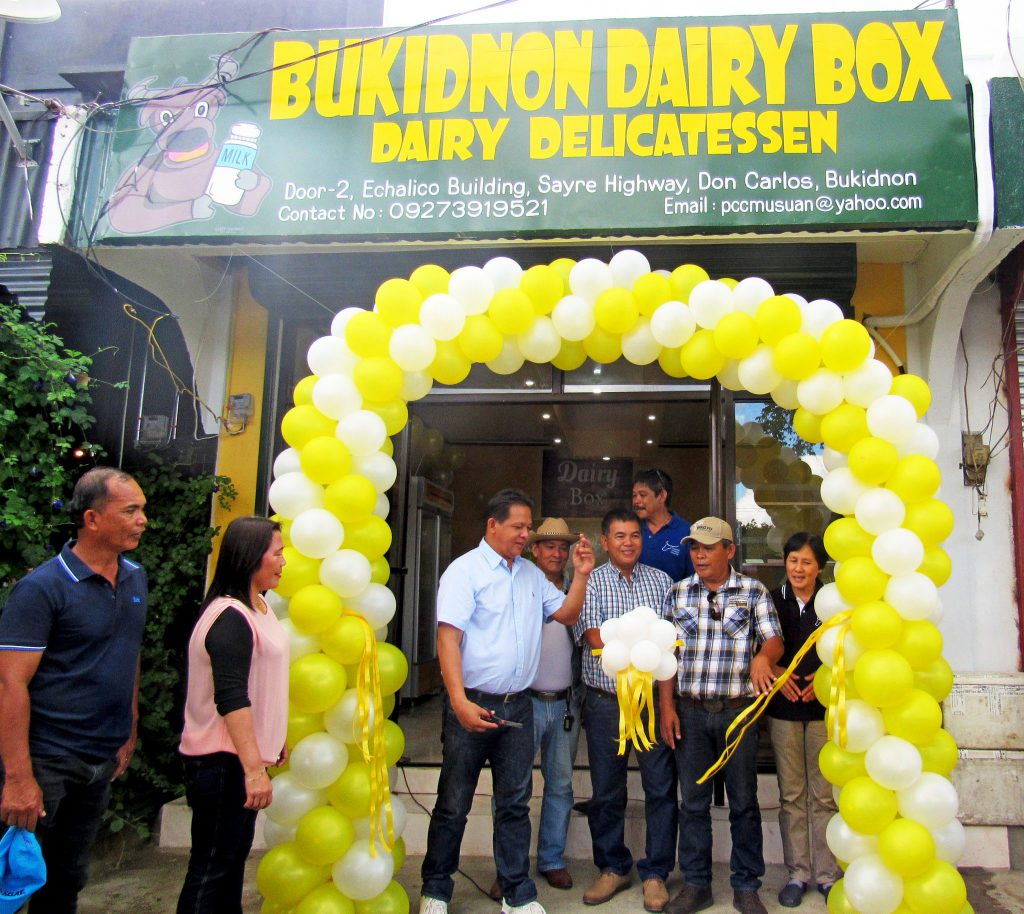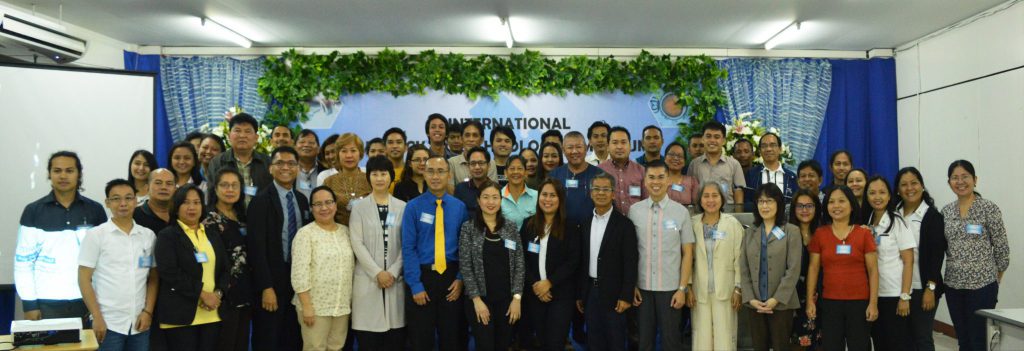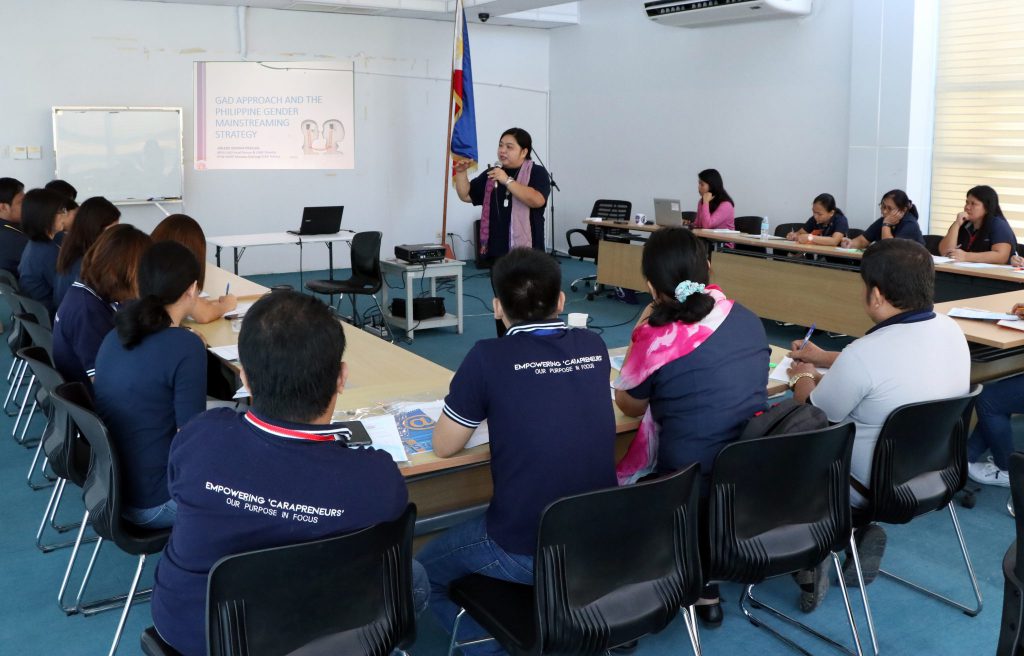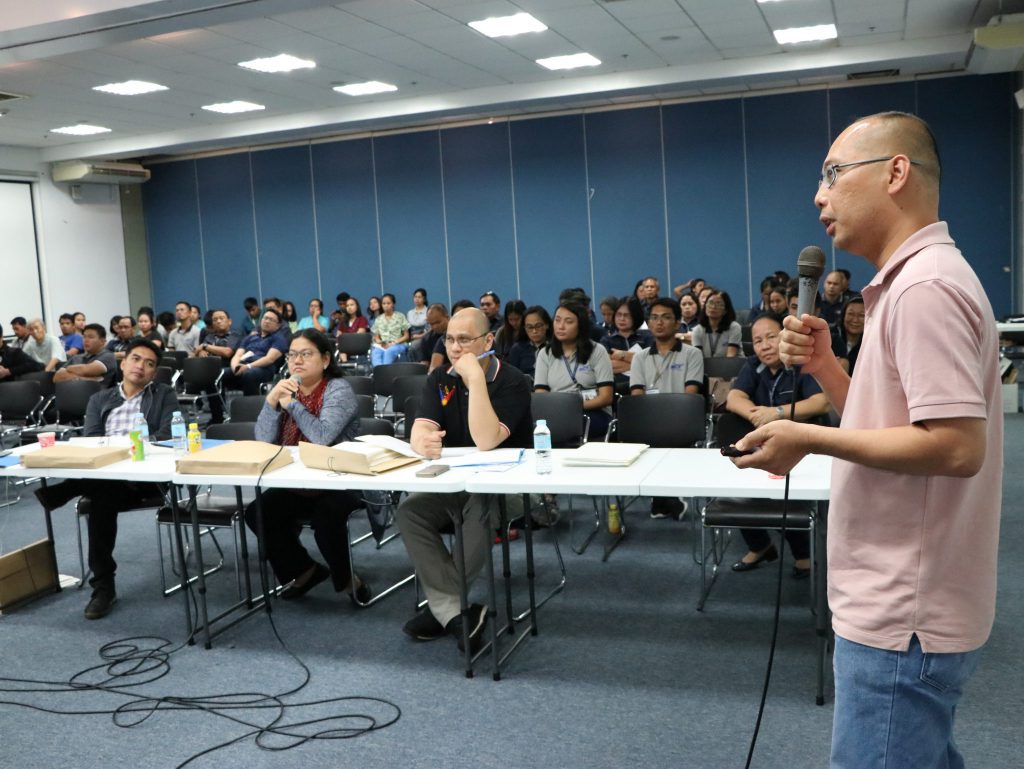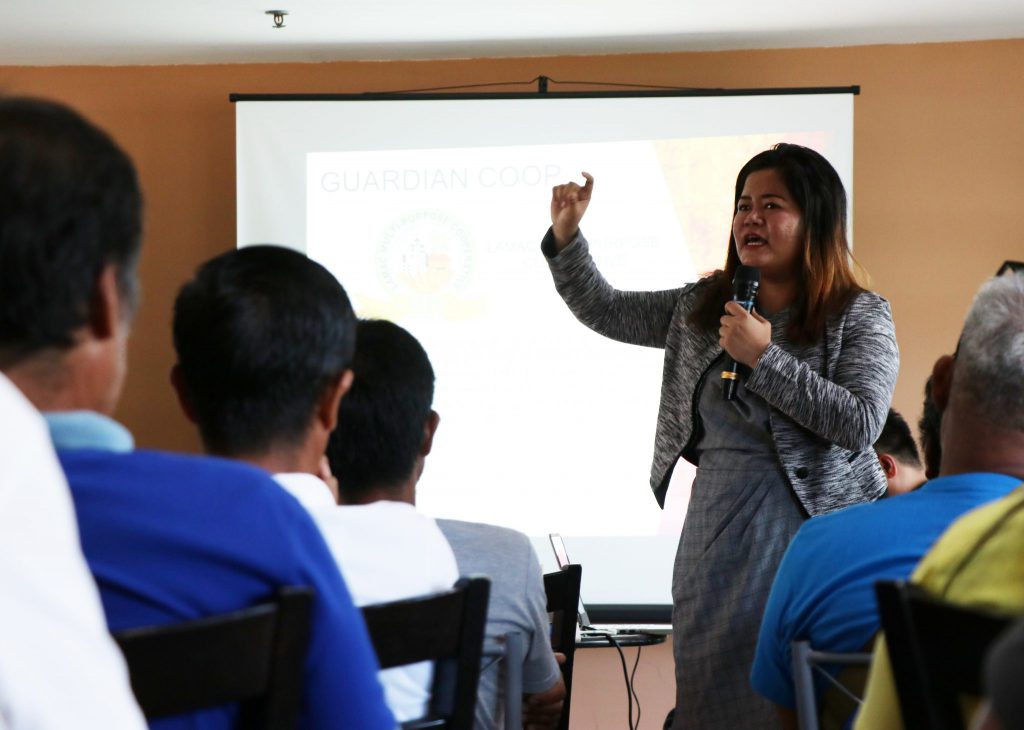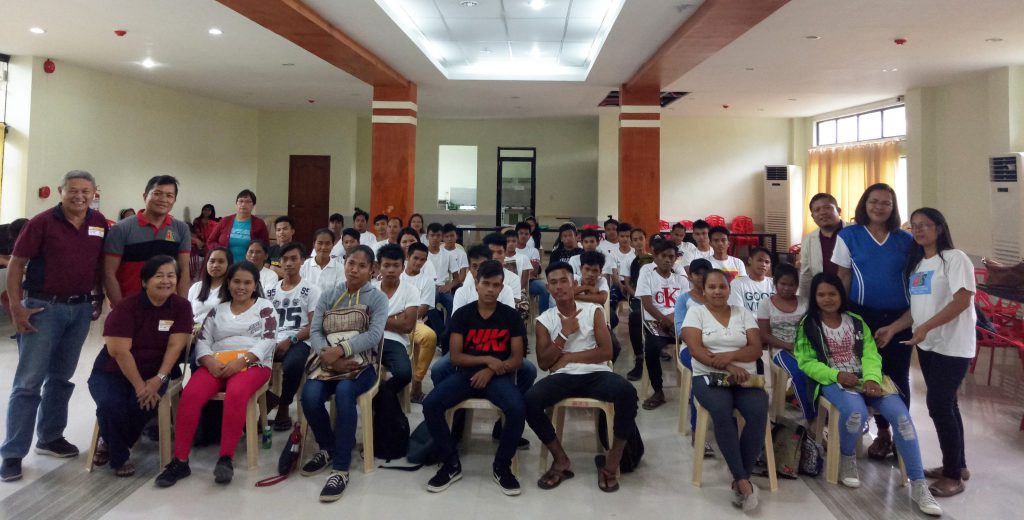Dr. William Dar, the newly appointed secretary of the Department of Agriculture (DA), visited the Philippine Carabao Center (PCC) to share some of his “new thinking” strategies in the agriculture sector, which he once handled during the administration of Joseph Estrada.
In a program held on August 29 at the center’s national headquarters in the Science City of Muñoz (SCM), Nueva Ecija (NE), the returning DA chief imparted with carapreneurs (a portmanteau derived from ‘carabao’ and ‘entrepreneur’) his schemes to achieve his twin objectives or strategies called “ani at kita” (harvest and income) for clients.
Servant-leader “Manong Willie” as he prefers to be called, tackled in his speech national issues particularly on declining palay farm gate prices with emphasis on Republic Act (RA) 11203 or the “Rice Tariffication Law” that establishes the Rice Competitiveness Enhancement Program (RCEP).
He said that RA 11203 allocates Php10 billion per year for RCEP for the next six years. Of the Php10 billion, Php5 billion would be invested for farm mechanization, Php3 billion for the provision of high-yielding seeds, Php1 billion for credit support, and Php1 billion for training of rice farmers.
He also shared the department’s agenda for his first 100 days as agriculture chief such as the proper implementation of the Rice Trade Liberalization Law, skills enhancement of farmers and fisherfolk, meeting with top 30 governors of rice producing provinces and strengthening partnership with the private sector, among others.
In pursuit of inclusive growth and development, Manong Willie had recently put forward eight paradigms that make up the “new thinking” for Philippine agriculture to help realize the DA’s vision of a food-secure country with prosperous farmers and fisherfolk.
These are modernization of agriculture, industrialization of agriculture, promotion of exports, consolidation of small-and medium-sized farms, infrastructure development, higher budget and investments for agriculture, pro-poor legislative support, and road map development.
PCC Executive Director Dr. Arnel Del Barrio, on the other hand, shared PCC’s commitment to the new thinking for carabao value chain players.
He mentioned some of PCC’s program, projects, and activities that are aligned to the eight paradigms. (for further details see http://www.pcc.gov.ph/new-thinking-the-pcc-way/)
Meanwhile, Manong Willie commended PCC for strengthening its alignment with the new thinking for Philippine agriculture.
“PCC is one of the best performing agencies under the DA with support from the provincial government,” he said.
He also opened the avenue for local government unit of the SCM to encourage institutions of agriculture in the city to have a city-wide-agriculture extension system that will be part of the provincial agricultural extension system.
“Bring them together and I’m now directing them to really sustain the image of SCM as a science city and be a model of using modern technology,” he averred.
Present during the program were Agriculture Spokesperson Noel Reyes, Regional Technical Director Crispulo G. Bautista Jr., Provincial Governor Aurelio Umali, San Jose Mayor Kokoy Salvador, SCM Mayor Nestor Alvarez, Senior Technical Adviser Dr. Santiago Obien, Central Luzon State University President (CLSU) Dr. Tereso Abella, Former CLSU President Dr. Fortunato Battad, City Veterinarian Dr. Jerry Rigos, Provincial Agriculturist Serafin Santos, Private Entrepreneur Danilo Fausto, PHilMech Executive Director Dr. Baldwin Jallorina, PhilRice Acting Executive Director Dr. Sailila Abdula, carapreneurs from Simula ng Panibagong Bukas Primary Multi-Purpose Cooperative, Eastern Primary Multi-Purpose Cooperative, Catalanacan Multi-Purpose Cooperative and Pulong Buli Primary Multi-Purpose Cooperative, Lamac Multi-Purpose Cooperative, and PCC officials and staff.
Carabao-based Family Business Owner Leoncio Callo, Lamac MPC General Manager Elen Limocon, and ACDI Multipurpose Cooperative were also invited in the program.


